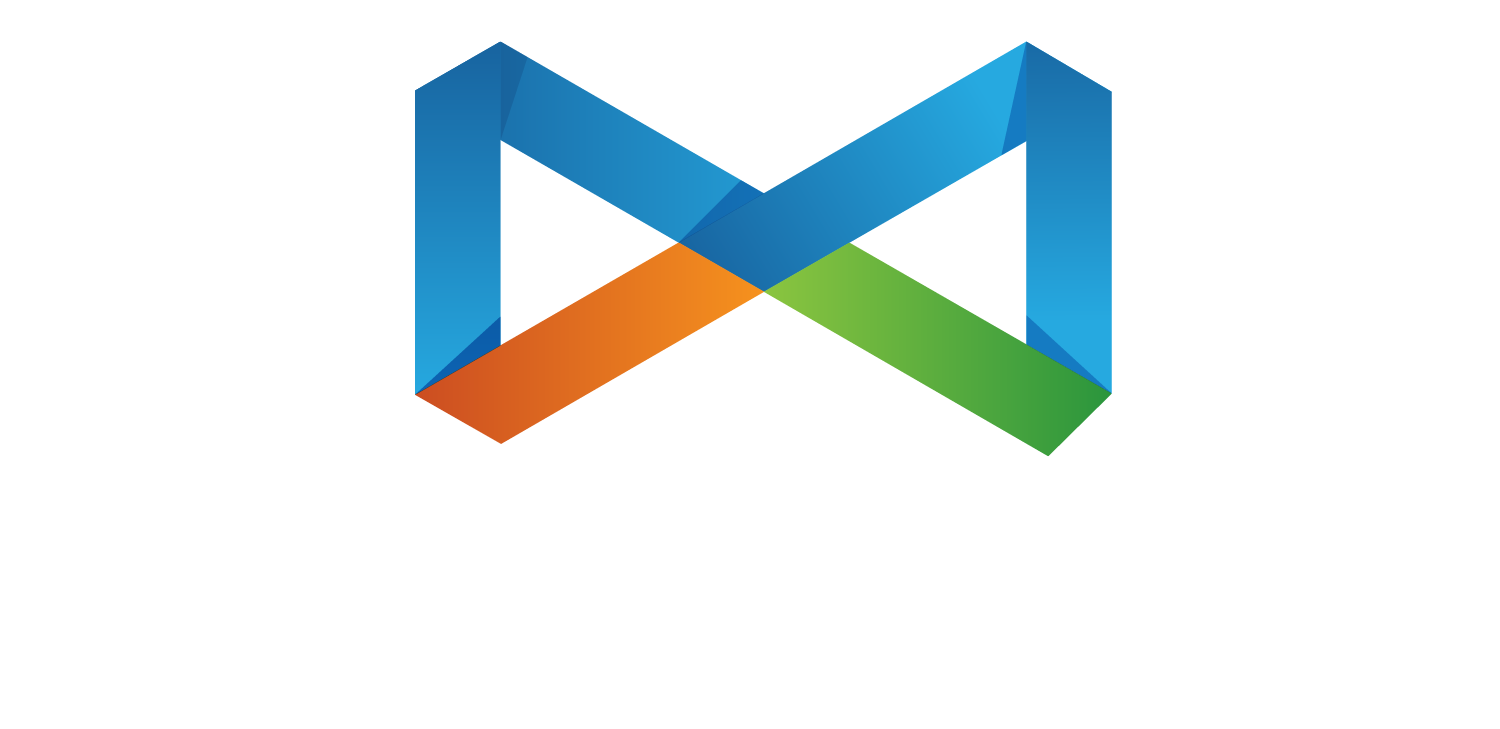Remember when you were in school and your teacher was so exhausted that they gave you “busy work” to do? There wasn’t really that much point to the work, it didn’t yield any results.
Despite our best efforts, we can become guilty of doing this kind of “busy work” when it comes to working on search engine optimization.
Thankfully, Stephan Spencer – marketing guru extraordinaire – chatted with me about how to do SEO work that is outcome focused. In other words, follow his advice and your time spent on your SEO endeavors will actually yield results, like improving your rankings.
3 Ways to Make Sure You’re Focused on the Outcome, Not the Activity
Your goal when working on SEO should never be to do busy work. In other words, you want to focus on work that gives you results, or a great outcome. Here are three easy ways to make that happen.
1. Write Good, Thoughtful Content for SEO and for Humans
Stephan made a really good point about writing content. He said: “What you create for humans should be good for SEO, what you create for SEO should be good for humans.” Makes sense, doesn’t it?
And yet, a lot of us get too caught up in how many keywords we have in our piece and how many variations of that keyword we can add to it.
Stephan’s advice: Don’t worry so much about the number of keywords you use – worry about where and how you use them.
That means making sure your content is easy to read and full of helpful information. It also means that you need to let your readers know right away what your content is about.
For instance, Stephan pointed out that if you write a page about blue widgets, it will rank better if you talk about blue widgets in the first paragraph as opposed to waiting to mention them until the last paragraph. Making this mistake is like saying, “Oh, I forgot to tell you – this whole page was about blue widgets.”
2. Don’t Use a Keyword Just in Your Title Alone
Another keyword tip that Stephan had was related to the title of your page and keywords.
A lot of people are really concerned about the H1 title tag and using a focus keyword there. This could be useful, as long as you use your keyword thoughtfully throughout the rest of your blog.
Let’s go back to the blue widget example.
If you use the H1 tag for your title, add a keyword to it, but then don’t add that keyword anywhere else on the page, it doesn’t really look like the page is about the topic that you claimed in the title it would be.
Instead, it looks like you did a little bit of SEO and thought, “Oh, I want to work in an extra keyword in there. I hope I rank for it. I’ll drop it into the title tag where it gets the most weight.” But if there’s no mention of that word – or even a synonym of that word – on the page, you’re not likely to rank very high for that keyword.
So yes – the title is the most important place to put your main keyword, but you have to make sure you use that keyword again thoughtfully within the context of your page.
3. Link From Page to Page on Your Website – But Thoughtfully
On the Home page, you should link to your most important services, products, landing pages, and articles.
But you want to place those links strategically on your page.
A lot of website owners put links to other pages down at the bottom of their Homepage, listing “featured pages” or “featured blogs.”
People don’t have the patience to read everything you’ve written on the Home page. It’s not likely that they’ll end up scrolling down to the bottom to find out more about you and what you have to offer them.
Many websites make the mistake of having a home page where the visitors have to scroll and scroll until they finally get to some content near the footer of the page.
And then the content reads like this: “Welcome to our email marketing services company. We provide email marketing tools and email marketing consulting, and our email services are some of the best out there, and if you're looking to get email marketing best practices…” and it goes on.
Then, all of the keywords are hyperlinked to services pages.
This is not only uninteresting to read – people know that it’s been written with search engines in mind, not people.
Your visitors aren’t the only ones who won’t be impressed. Search engines have algorithms that check for this type of hyperlinking and keyword stuffing, and they penalize websites that do those things.
Your goal should be to make things as interesting and as easy as possible for your site visitors. Somewhere along the top of your page, have some sort of image that people can hover over with their mouse and click through to the services page.
While it’s important to change the images alt attributes for SEO purposes, a text link is even more important when it comes to search engine rankings.
A text link along with a useful image looks like your website is designed with humans in mind – not just search engines. For example, have your nice little image along with the text “Our Email Marketing Services.”
Focus On the Results-Based Low-Hanging Fruit Instead of Busy Work
It’s easy to get overwhelmed with the idea of improving your SEO efforts. It seems like every day there’s new information about how to get better rankings, how to make more money from your website, how to attract more clients and customers.
All of that information can become really distracting, causing you to focus on busy work that you can cross off your To Do List but that leaves you with minimal results.
Focus instead on what Stephan calls the “low-hanging” fruit – like the tips above – and you’ll start seeing results without feeling overwhelmed.
Are you ready for more helpful tips from an internationally renowned marketing guru? Then, make sure to follow Stephan on Twitter and read his information-packed blogs regularly.
ABOUT STEPHAN SPENCER
Stephan is an internationally recognized SEO expert and bestselling author. He is the co-author of The Art of SEO, author of Google Power Search and co-author of Social eCommerce, all published by O’Reilly. The Art of SEO, now in its third edition and weighing in at nearly 1000 pages, is considered THE bible on search engine optimization, boasts testimonials from such industry giants as Seth Godin and Tony Hsieh, and is even used as a textbook at universities.
Stephan founded Netconcepts in 1995 and grew it into a multi-national SEO agency before selling it in 2010 to paid and organic search software/services agency Covario, which was in turn acquired in 2014 by ad agency conglomerate Dentsu Aegis. Stephan invented a pay-for-performance SEO technology called GravityStream that was also acquired and is now part of Rio SEO. After completing his earn-out in 2010, Stephan continued in the online marketing, ecommerce, and SEO space as a highly sought-after SEO and digital strategy consultant. His clients post-acquisition have included Zappos, Sony Store, Quiksilver, Best Buy Canada, Bed Bath & Beyond, and Chanel, to name a few.
Stephan has spoken at countless hundreds of Internet marketing events, including all the major search & e-commerce conferences (SES, SMX, PubCon, Internet Retailer, Shop.org, eTail, etc.). He’s been a contributor to the Huffington Post, Multichannel Merchant, Practical Ecommerce, Search Engine Land, DM News and MarketingProfs, among others.
Stephan is also the creator of Traffic Control, a three-day seminar on SEO, co-creator of the three-day professional development seminar Passions into Profits along with co-founder Kris Jones, and the host of two podcast shows, The Optimized Geek and Marketing Speak.
Stephan is on the board of Impact Network, a 501c3 nonprofit which builds and operates schools in Zambia.
He holds an M.S. in Biochemistry from the University of Wisconsin-Madison.

















